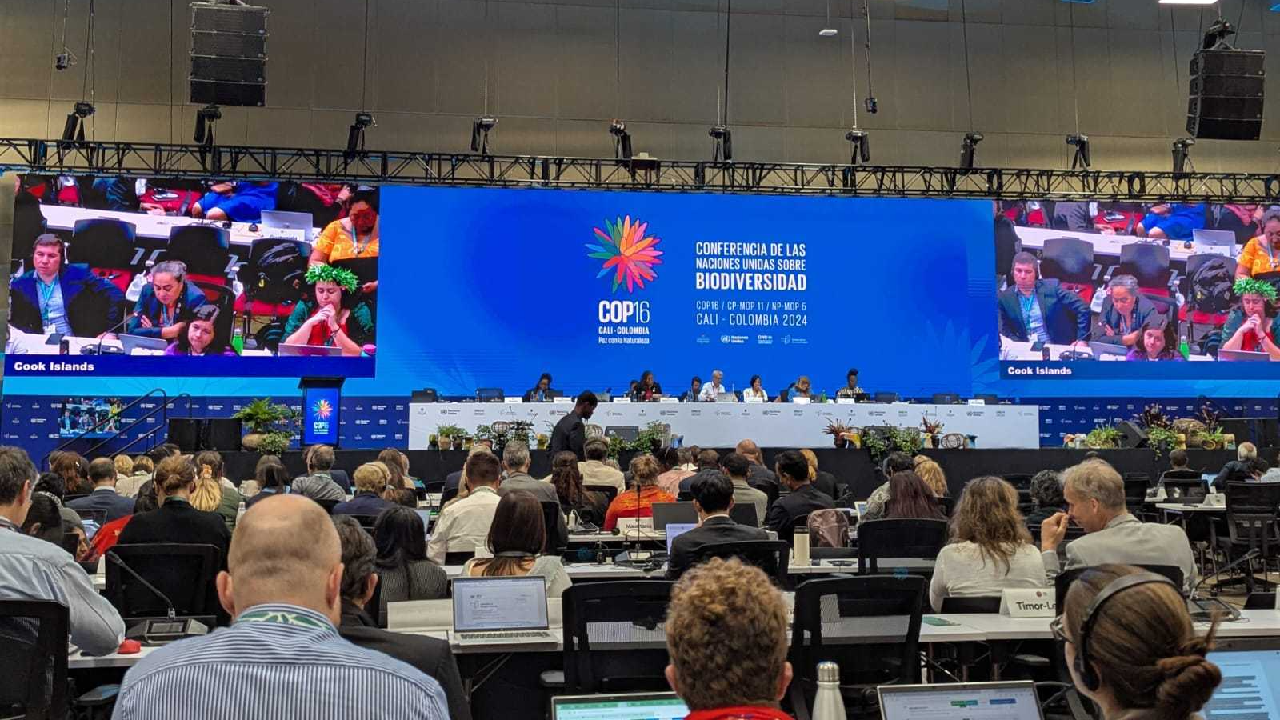UN nature conference reaches agreement on compensation for the utilization of genetic data
UN nature summit reaches agreement on compensatory measures for the utilization of genetic information.

The gathering in Cali was part of the effort to put into action the 2022 Kunming-Montreal Global Biodiversity Framework agreement, designed to halt the significant decline of nature by the year 2030.
The financial contributions from these companies are anticipated to generate billions for nature conservation efforts, with half of the proceeds allocated to Indigenous peoples and local communities through a dedicated fund.
Genetic data derived from nature plays a crucial role in the development of various products, ranging from nutrient-enriched rice to stone-washed denim jeans that utilize enzymes derived from microbes.
The agreement on payment for genetic information comes on the heels of an earlier decision at COP16, where delegates agreed to establish a permanent body tasked with consulting Indigenous and local communities on UN nature decisions, while also recognizing the conservation contributions of Afro-descendant communities.
Negotiations for the genetic information payment measure faced significant challenges, particularly due to disagreements between countries such as India and Switzerland. The discussions extended late into the night and past dawn before consensus was reached.
Industries expected to pay for the usage of genetic material span various sectors, including pharmaceuticals, cosmetics, and biotechnology.
"Businesses are committed to supporting biodiversity goals and have been engaging throughout the process," stated Daphne Yong-D'Herve, an expert on genetic information from the International Chamber of Commerce.
The fund, named the Cali fund in honor of the host city for COP16, will be funded by payments from qualifying companies, who will be required to contribute either 0.1 percent of their revenue or 1 percent of their profits, as outlined in the text adopted during the summit.
"The clear signal sent by COP16 today is that large corporations must pay back their dues for nature protection," emphasized Glenn Walker, head of the nature program at Greenpeace Australia Pacific.
Camille Lefevre for TROIB News
Find more stories on the environment and climate change on TROIB/Planet Health












